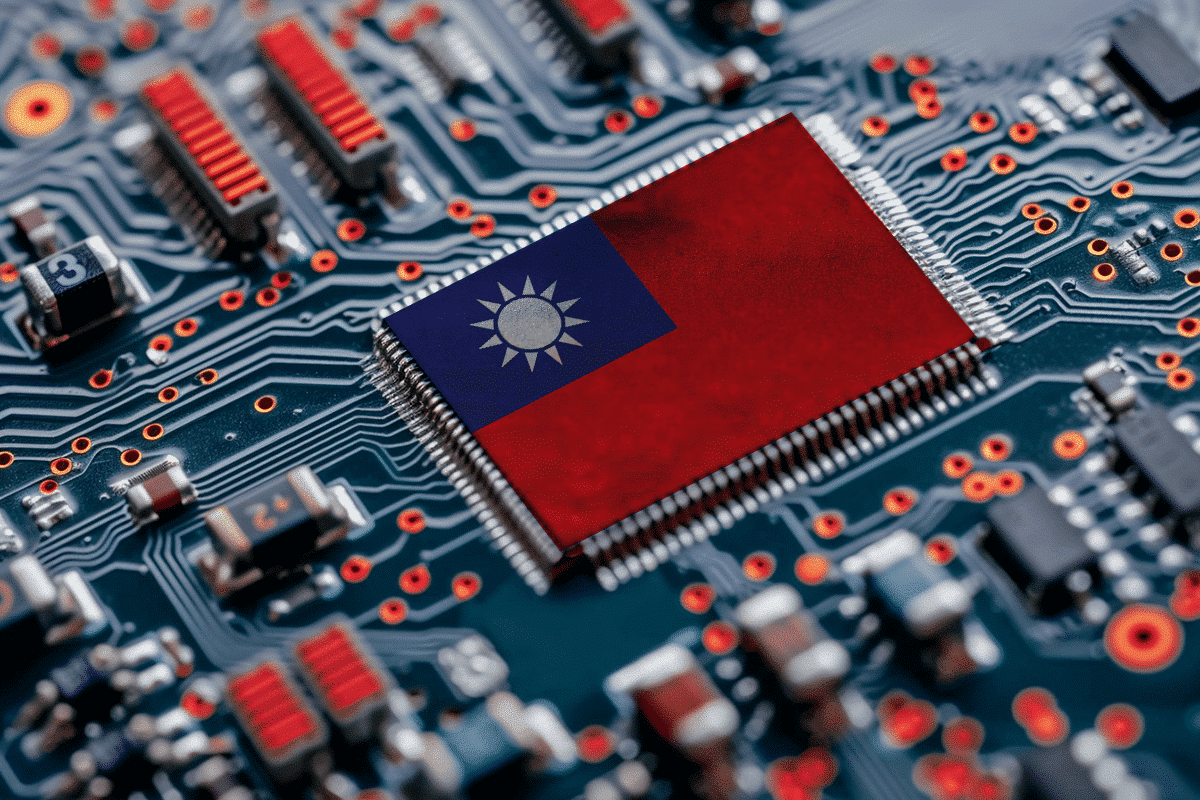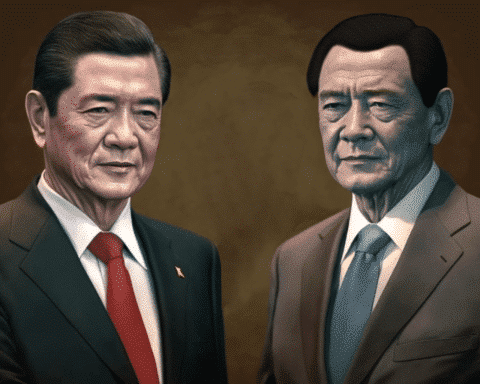Former US President Donald Trump recently stirred controversy by accusing Taiwan of usurping the United States’ dominance in the $500 billion semiconductor industry. In an interview with Bloomberg Businessweek, Trump reiterated his assertion that Taiwan had taken “almost 100%” of the industry from the US, lamenting, “We should have never let that happen.” However, industry experts contest this claim, emphasizing that Taiwan’s rise in the semiconductor sector was a result of strategic planning, dedicated effort, and substantial investment.
Taiwan’s journey to semiconductor prominence can largely be attributed to Morris Chang, a visionary entrepreneur who founded Taiwan Semiconductor Manufacturing Company (TSMC) in 1987. Chang, who had an extensive career in the US working with industry leaders like Intel, Motorola, and Texas Instruments, introduced a groundbreaking business model that reshaped the industry. Unlike the prevailing practice of integrating design and manufacturing, Chang’s model focused solely on manufacturing semiconductors based on designs provided by clients. This “pure-play foundry” approach allowed TSMC to specialize and scale its operations effectively.
This innovative model enabled TSMC to produce more than 90% of the world’s advanced chips, as noted by the Semiconductor Industry Association. By concentrating on manufacturing, TSMC was able to serve multiple customers and achieve economies of scale, generating significant revenue that was reinvested into advancing chip production technologies. This cycle of investment and improvement has made TSMC a leader in the global electronics sector.
Taiwan’s semiconductor success is further bolstered by several intrinsic advantages. The island boasts top-tier engineering talent, relatively lower labor costs, and a comprehensive tech ecosystem. These factors have driven productivity and innovation, establishing Taiwan as a formidable player in the semiconductor industry. This environment has proven challenging for competitors to replicate, though companies like Intel and Samsung are striving to emulate TSMC’s contract manufacturing model.
Despite these efforts, Taiwan remains committed to retaining its research and development (R&D) capabilities domestically. Taiwanese Premier Cho Jung-tai affirmed that the island has no plans to relocate its chip-related R&D functions to the US, citing Taiwan’s exceptional tech talent and favorable environment for innovation and investment. This steadfast approach underscores Taiwan’s confidence in its strategic position within the global semiconductor industry.
Trump also suggested that Taiwan should financially compensate the US for its defense support, likening the arrangement to an insurance policy. This proposition has sparked concerns within Taiwan regarding the potential impact on US-Taiwan relations, especially in light of the increasing risk of a Chinese invasion. The persistent tension in the Taiwan Strait has also pressured TSMC to diversify its production base by expanding outside Taiwan.
In response to the chip shortage experienced during the Covid-19 pandemic and the strategic importance of the semiconductor industry amid the US-China rivalry, President Joe Biden signed the CHIPS and Science Act into law in 2022. This legislation aims to boost domestic chip production, which currently accounts for about 10% of the global supply, and reduce reliance on Taiwan and South Korea for the most advanced chips.
TSMC’s global expansion efforts include constructing three factories in Arizona. However, the company faces challenges in adapting to different labor laws and work cultures. TSMC recognizes the need to integrate a manufacturing system that aligns with the local culture to successfully establish its operations abroad.
Looking ahead, the semiconductor industry must prioritize collaboration for mutually beneficial outcomes. TSMC, in particular, needs to navigate the complexities of global expansion while maintaining its leadership in chip production. By finding effective ways to work together, chip firms can enhance their competitiveness and contribute to a resilient global supply chain.
As the semiconductor landscape continues to evolve, Taiwan’s strategic foresight, investment, and commitment to innovation remain pivotal to its success. The island’s journey from an emerging player to an industry leader offers valuable insights into the power of visionary leadership and strategic execution in the technology sector.




